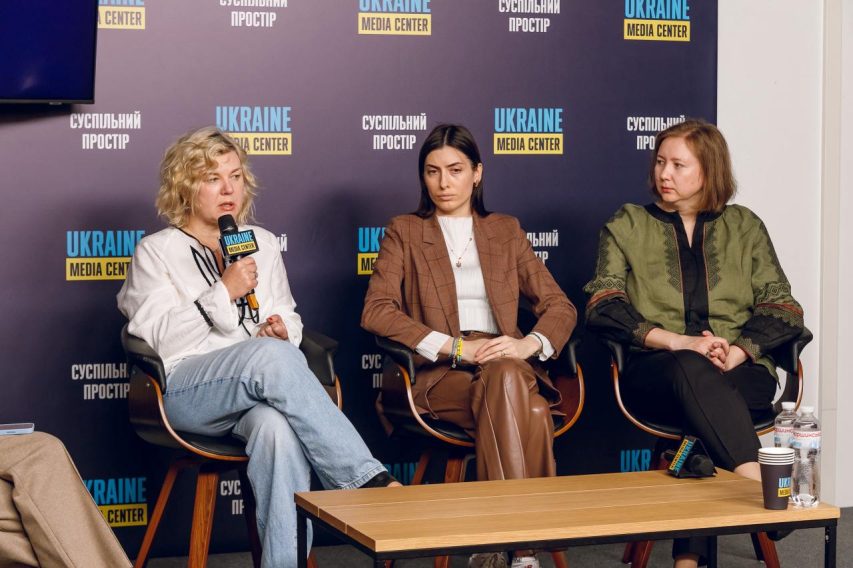
The Third Parliamentary Summit of the International Crimean Platform: Key issues raised by the expert network and key events held
The Third Parliamentary Summit of the International Crimea Platform, which took place in Riga, Latvia, on 23-24 October, brought together more than 70 participating countries and major international organizations, such as the Council of Europe, the NATO Parliamentary Assembly, the OSCE Parliamentary Assembly and the Inter-Parliamentary Union. The event featured numerous meetings, activities and expert discussions.
This was discussed at a press conference on the results of the Third Parliamentary Summit of the International Crimea Platform.
“The core of the expert activities was a program of discussions that we organized with the expert network on the day of the summit, October 24. We focused on two key issues: justice and prosecution of russia for international crimes, and the security dimension,” said Olha Skrypnyk, Chair of the Board of the Crimean Human Rights Group.
Alina Frolova, deputy head of the Center for Defense Strategies and former Deputy Minister of Defense of Ukraine (2019-2020), highlighted the issues raised during the expert discussions on the security track.
“Of course, the topic of the expert panel was Black Sea security, but we understand that the war on our continent has become global, and we cannot separate the sea from the land, from the coast, from everything that is happening on other fronts. So of course we talked about it. Our goal, which I believe we achieved, was to broaden the military-political framework beyond the physical military presence at sea and on land to include aspects such as energy wars and political influence struggles. These factors are now playing a role in what russia is doing,” she noted.
The Summit also included other significant events focused on the genocide of the Crimean Tatar people in 1944 and the recognition of ongoing crimes against the indigenous people.
The Mejlis of the Crimean Tatar People, together with partners, held an important event at the Museum of the Occupation of Latvia in Riga. The film “The True Story of Crimea” was screened in a historical building – the House of Blackheads.
Several cultural events were held, including exhibitions, which provided an additional sense and emotional reflection of what is happening in the occupation – what happened in ’44 and what is happening now.
There was also engagement with Latvian journalists, including a pre-summit press conference dedicated to journalists under occupation, especially those in Crimea.
Read more: https://mediacenter.org.ua/news
 Back
Back 